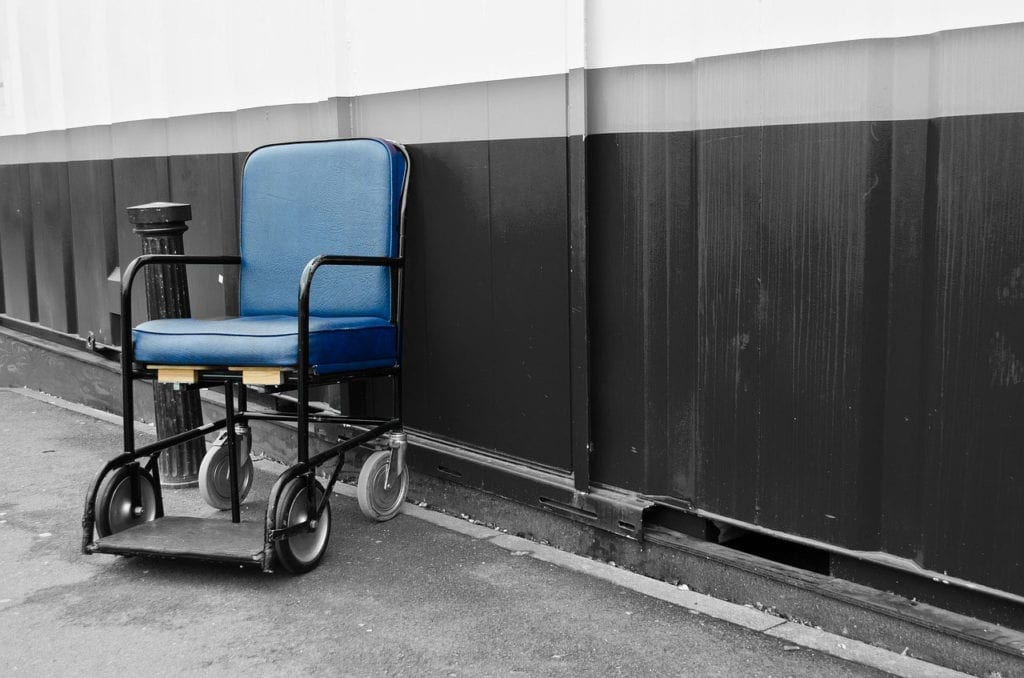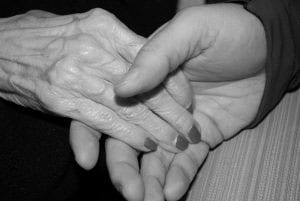It’s no secret that teachers can make a huge impact on the students in their classrooms. And that’s just what Judy Griffin did for her student Ashley. When Judy started teaching Ashley, now a sophomore, she noticed that Ashley had juvenile Huntington’s disease. Prior to meeting Ashley, who Judy describes as an incredibly motivated student, Judy had only met one student prior with Huntington’s disease – a young girl named Breanna Lentz.
CBS Minnesota reports that through Breanna, Judy had met Shelby, Breanna’s older sister. Even after Breanna passed away, Judy kept in close contact with Shelby. It was this connection which eventually facilitated assistance for Ashley in the form of a new wheelchair.
You see, as Ashley’s condition progressed, she began to struggle with posture. Her wheelchair was not providing enough support for her posture or to help her move when experiencing chorea, an uncontrolled twitching or jerking motion. Ashley’s school knew that providing her with a new wheelchair would help Ashley stay safe, supported, and comfortable.
So Judy Griffin reached out to Shelby, who runs a Huntington’s disease nonprofit called Champions for HD. After the pair discussed, Champions for HD decided to surprise Ashley with a new $8k wheelchair. Ashley was thrilled with the new wheelchair, and Shelby got to pay a beautiful tribute to Breanna.
About Huntington’s Disease (HD)
Huntington’s disease (HD), or Huntington’s chorea, is a rare and progressive neurological condition. In many cases, Huntington’s disease is considered adult-onset, with a diagnosis occurring during one’s 30s or 40s. However, in even rarer cases, Huntington’s disease may be juvenile-onset. Unfortunately, the juvenile form also comes with a shorter lifespan. HTT gene mutations cause HD. These mutations cause an abnormally long and toxic huntingtin (a protein) chain, which breaks down and binds to neurons. This causes neurons to lose function and die. Symptoms associated with HD include:
- Chorea
- Irritability or depression
- Changes in behavior or personal
- Impulsivity
- Head jerks or shoulder shrugs
- Problems with balance and coordination
- Difficulty swallowing
- Poor decision-making
- Forgetfulness
- Difficulty learning or retaining information








